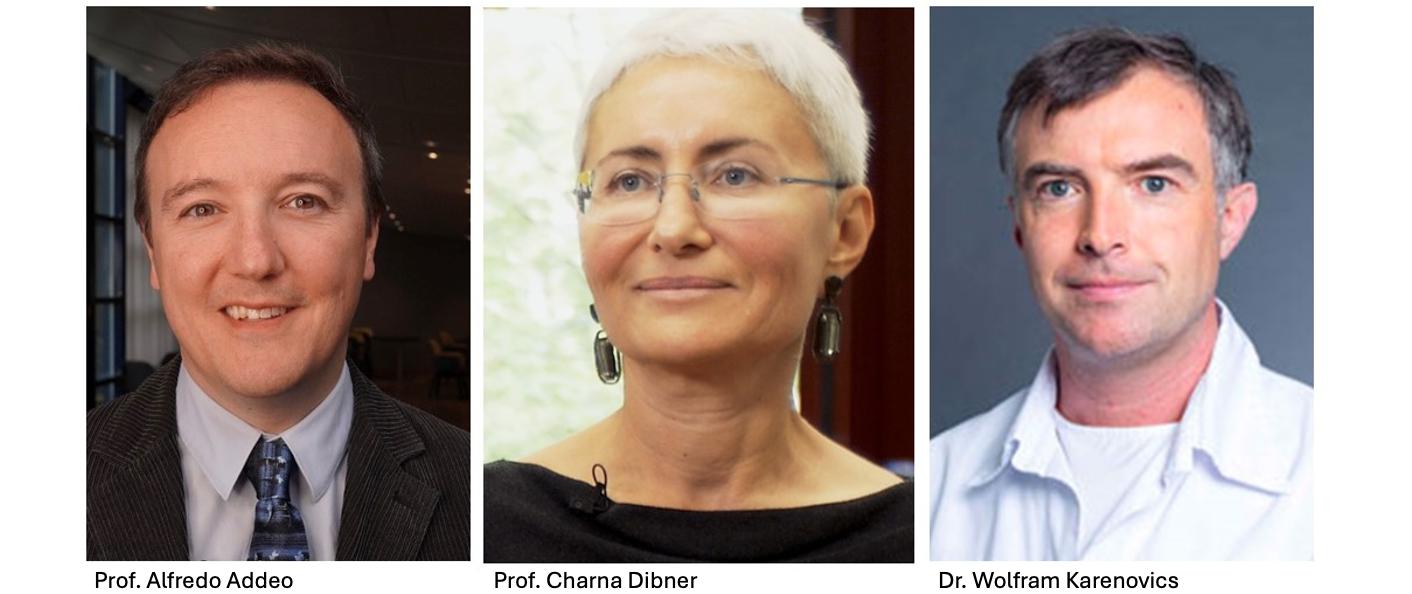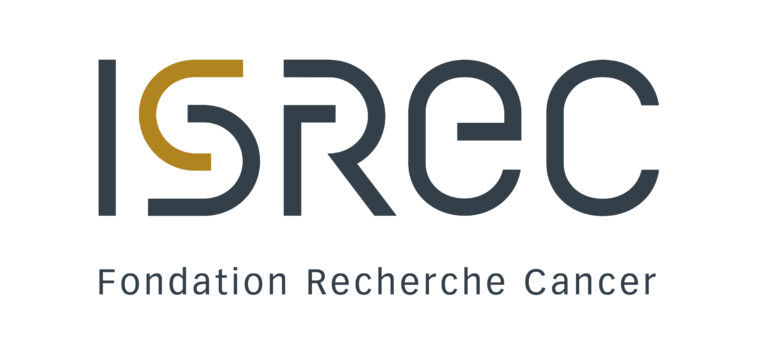Lung cancer – Prof. Charna Dibner (UNIGE), Prof. Alfredo Addeo (HUG) and Dr. Wolfram Karenovics (HUG)
Investigating the connection between circadian system and lung tumor generation to personalize time schedules for chemo-immunotherapy

Lung cancer is one of the most prevalent causes of cancer-related deaths world-wide, largely because most patients have already developed metastases at the time of diagnosis. Besides a need for earlier diagnosis, there is a fundamental lack of effective therapies for lung cancer. As a result, lung cancer has a poor prognosis and low survival rate. In this collaborative TANDEM project, a basic scientist, a surgeon, and an oncologists aim to innovate lung cancer therapy by making use of the body’s internal “circadian” clock to maximize therapeutic impact.
The circadian system evolved in light-sensitive organisms to serve as an intrinsic biological clock with oscillation periods close to 24 hours, in line with geophysical time. It is the molecular time-keeping system operative in most of the cells in the body which drives our physiological activities. Additionally, linked to this is a cell division clock, which drives both normal growth and tumor development. Upon malignant transformation, that is the generation of cancer cells from normal cells, both of the above-mentioned cell-control systems undergo massive changes, resulting in tumor formation.
This project proposes to optimize chronotherapy for lung cancer. Chronotherapy means that the “treatment schedule” is timed in order to align the introduction of medicine with the patient’s natural circadian rhythms. Preliminary data show that for certain types of cancer, the coordination of the administration of anti-tumor drugs at certain times of day improves the effectiveness of chemotherapy and reduces toxicity. Inspired by this emerging potential, the TANDEM team will study the chronobiology of lung cancer, to see if the coordination of therapy with the circadian cycle can improve the outcome for lung cancer patients.
The project has two goals. First, they will refine the diagnostics of lung cancer, and second, they will develop personalised time schedules for the administration of chemo-immunotherapy. This will be achieved by analysing the interaction of the circadian clock with lung cancer progression, and secondly, by analysing the reaction of the patients to therapy administered at different daytimes. This should enable an optimization of lung cancer therapy and improve personalized care.


